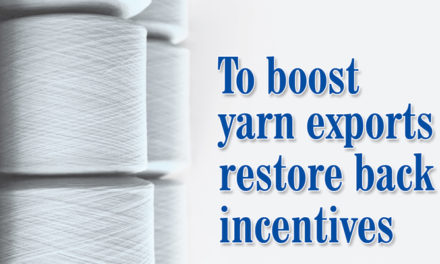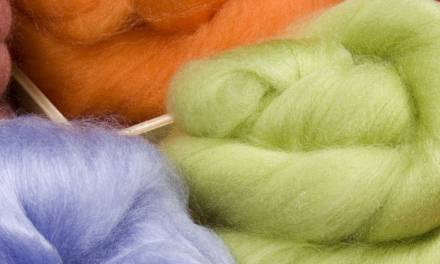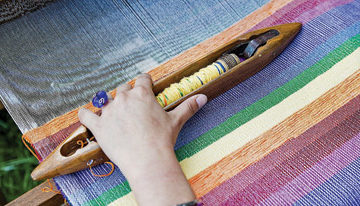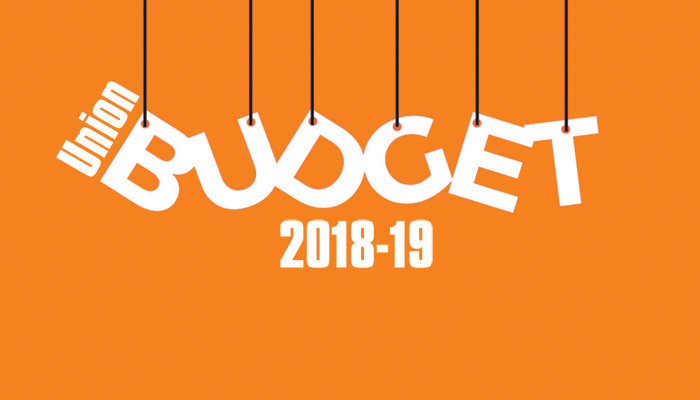 The India home textiles market is expected to grow at a CAGR of 8 per cent till 2024. The growth in the home textiles supported by growing household income, increasing population, rising income levels, increase in organised retail and growth of end-use sectors like housing, hospitality, healthcare. India accounts for 7 per cent of global home textiles trade and is leader in the US and the UK, contributing two-thirds to their exports.
The India home textiles market is expected to grow at a CAGR of 8 per cent till 2024. The growth in the home textiles supported by growing household income, increasing population, rising income levels, increase in organised retail and growth of end-use sectors like housing, hospitality, healthcare. India accounts for 7 per cent of global home textiles trade and is leader in the US and the UK, contributing two-thirds to their exports.
Meanwhile, the DGFT has issued Public Notice No. 8/2015-20 dated 14th March 2019 in the matter that a declaration by the exporter along with a self-attested copy of the proof of payment such as Foreign Inward Remittance Certificates/Statements etc. can be given to the DGFT for claiming MEIS benefits.
With this initiative the exporters are going to get a much-needed MEIS benefits for their exports and it will energize them to continue their efforts towards enhancing exports from the country. The handicrafts export during the year 2018 -19 is `26,590.25 cr registering a growth of 15.46 per cent during the same period last year, however, the exports of handicrafts to Iran is around `500.00 cr. It had been a long pending demand of handicrafts exporters and solution provided by DGFT is a very welcome step and would certainly boost the morale of the exporters for their future endeavours.
In between, the Tamil Nadu industry has welcomed the new textile policy and thanked the State Government for announcing a unique textile policy. The policy gives a slew of incentives for the new investments, infrastructure development and also for modernising the existing spinning, weaving and processing sectors. The industry has appreciated the government for giving importance to Skill Development. It would greatly help the State to further strengthen the competitiveness.
Further, Union Ministry of Textiles has amended hank yarn packing provisions decreasing the proportion of packing yarn for civil consumption in hank form from the previous 40 per cent to 30 per cent in each quarterly period. The new provision would come into effect retrospectively from January-March 2019 quarter. This will help the spinners bring down the cost and improve their competitiveness, thereby enabling ease of doing business for the entire cotton textile industry.








